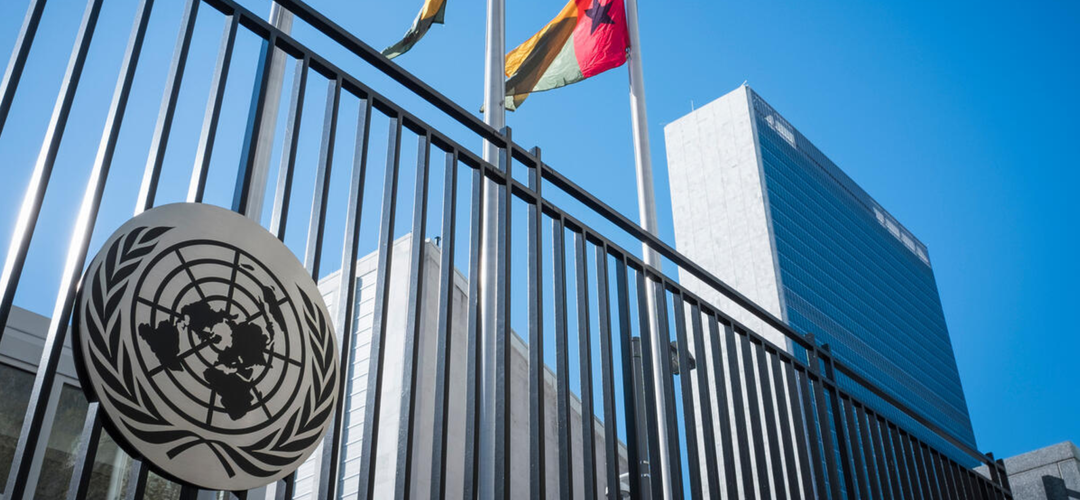

How can INFFs boost domestic revenue mobilisation?
With around 86 countries embarking on the quest to develop financing strategies under integrated national financing frameworks (INFFs), the Addis Tax Initiative (ATI) will host an in-person side event on this topic at the 2023 UN ECOSOC Forum on Financing for Development (FfD) – in collaboration with the European Union and Germany as ATI development partners.
The ATI side event will take place on Monday, 17 April 2023, in New York City. We will discuss how INFFs can boost equitable domestic revenue mobilisation (DRM) to advance the Sustainable Development Goals (SDGs) with a particular focus on our partner countries. The event will bring together high-level representatives, implementing governments and partners as well as international think tanks. Please find further information and the programme here.
The Addis Tax Initiative was initiated in 2015 during the Third International Conference on Financing for Development in Addis Ababa, Ethiopia, to support the implementation of the Addis Ababa Action Agenda (AAAA). The 71 ATI partner countries, development partners, and supporting organisations share the vision of tax systems that work for people and advance the Sustainable Development Goals (SDGs). ATI members believe that tax systems can reduce inequalities and provide manifold benefits to societies, including promotion of investment and growth, strengthening gender equality, and protecting the environment. Through the four commitments stipulated under the ATI Declaration 2025, the initiative promotes fair and effective taxation, policy coherence, and the social contract.
Over the past decade, ATI partner countries have made enormous progress in making domestic revenue mobilisation (DRM) central to their developmental agenda. However, this progress has been curtailed by the multiple challenges linked to rising food and energy prices, the socio-economic effects of the COVID-19 pandemic, geopolitical conflicts, and the severe impacts of the climate crisis. Beyond exacerbating poverty and inequality, these challenges have affected the capacity of partner countries to mobilise DRM. It is estimated that $4.2 trillion additional finance is needed each year to comply with the 2030 Agenda targets [1]. On the other hand, these crises highlighted the importance of a new social ─ fiscal ─ contract which is more resilient in the face of crises and promotes justice, equality, and sustainable development. With DRM as a reliable financing source to adequately cope with current and future crises, developing effective public financing strategies has become the pressing need for partner countries worldwide.
Under its chapter on domestic public resources, the 2022 Financing for Sustainable Development Report emphasised the importance of addressing inequality and promoting SDGs through the fiscal system. This can be achieved either through a more progressive tax system (revenue side) and/or inclusive and targeted public spending (expenditure side). Although there is no one-size-fits-all approach to tackling inequality through the fiscal system, proper planning and implementation are vital. In order to overcome existing challenges related to countries’ institutional and enforcement constraintsm it is critical to establish a credible and articulated fiscal framework. This can be reflected in medium-term revenue strategies (MTRS) and broader integrated national financing frameworks (INFFs). INFFs support countries in introducing new and strengthened financing strategies as well as in integrating these with their national sustainable development priorities. INFFs further allow linking investment and development partner support enhancing the quality of official development assistance (ODA) for domestic revenue mobilisation (DRM).
[1] OECD, UNDP (2021). Closing the SDG Financing Gap in the COVID-19 era: Scoping note for the G20 Development Working Group